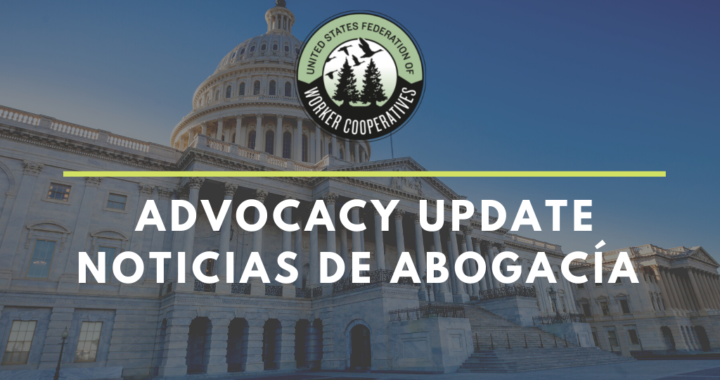A year has passed since the murder of George Floyd touched off a summer of unprecedented protest and opened up conversation in places where Black folks have long been trying to speak. It has shone a light on the violence inherent in a society based on white supremacy, anti-blackness and other forms of oppression, not just in policing, but in food, housing, education, the environment, and our economic systems. Much will be written about the events of the last year. But we must resist the urge to bind it, memorialize it, crystallize it as a moment in history. Unfortunately, the murder wasn’t unusual. That it mattered to Black communities was not unusual. But something else had changed. For some, it gave voice to a discomfort that had nibbled on the edge of their consciousness. For others, it was an explosion of pressures that had been all too aware of. For still others, a great wave to move them forward in waters they’d been treading for years. People felt like they were not alone, like something big was possible.
A year ago, the USFWC wrote: “We recognize the deep need for a just transition toward a people-centered, inclusive, cooperative economy that uplifts our Black communities instead of extracting wealth from them and tearing them apart”. Those of us in the co-op world are uniquely situated to contribute to that transition, to help route out the economic violence that serves as a cornerstone for broader oppressive systems. As we work toward a just transition, we must also recognize that possibility is not actuality. We can just as easily reinforce those oppressive patterns within the systems that we create to tear them down.
On this anniversary, let us assess where this year has taken us in each community, organization, and place of influence that we touch–not through a lens of critique but through one of collective liberation and accountability. Let us dig deeper than the fears and insecurities that lead us to performance, and find a place where we can show up with honesty, vulnerability, and transparency. Let us dig deeper than our anxieties around doing or being “enough” to find true strategy, sustainability, and integrity. Let us dig deeper than our exhaustion, frustration, or feelings of scarcity to lean on each other in partnership, compassion, and support.
A year ago, the USFWC and many others shared lists of suggested actions. What have you done that can be celebrated? What did you figure out or move forward? Where else were you able to show up for our collective struggles? What weren’t you able to move or were blocked in? What did you not have the will or capacity or stamina to try? Whose voices have you centered in these processes?
In the last year at the USFWC, we hired a new Director of Education and Training, Dyresha Harris, to help strengthen our ability to incorporate anti-oppression and liberation work into the training we provide in the ecosystem. We have begun laying groundwork for a Speaker’s Bureau that can amplify and compensate the voices of leaders of color. We are in the process of compiling a list of Black-led co-ops to increase opportunities for support and solidarity. We were also revamping our Racial and Economic Justice Council and have slowed the process to create systems that would safeguard against further taxing the very members who are already impacted by oppressive systems.
We encourage others to answer these questions internally and with each other, because history is always happening. We are not alone. Big things are possible. We can, and must re-envision the world together in a brave and bold community.
